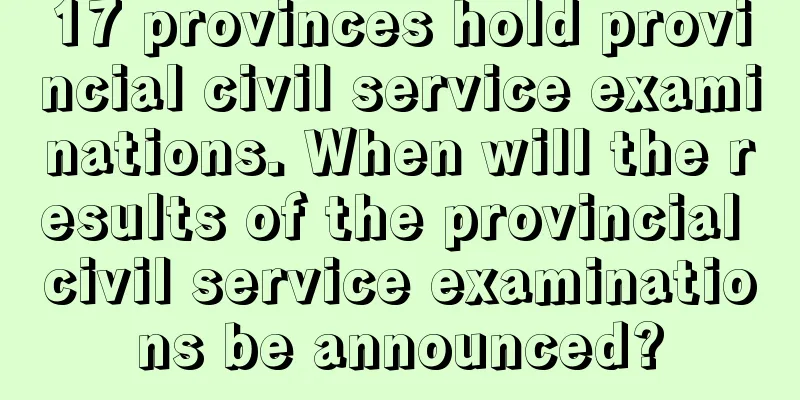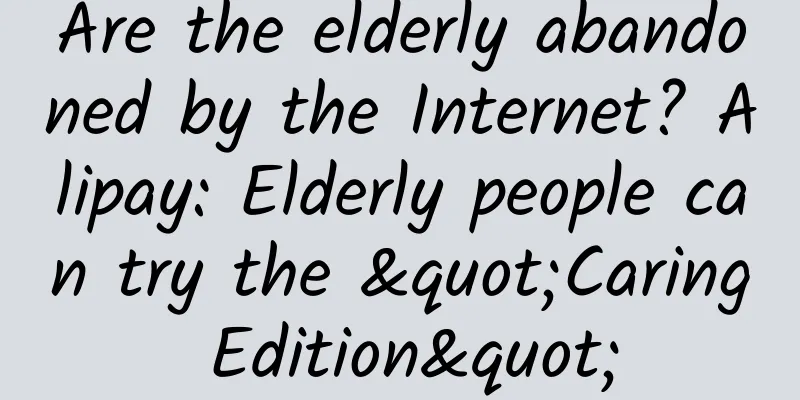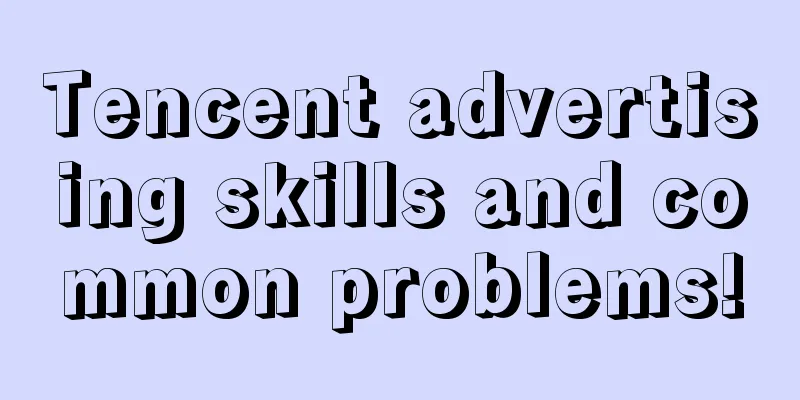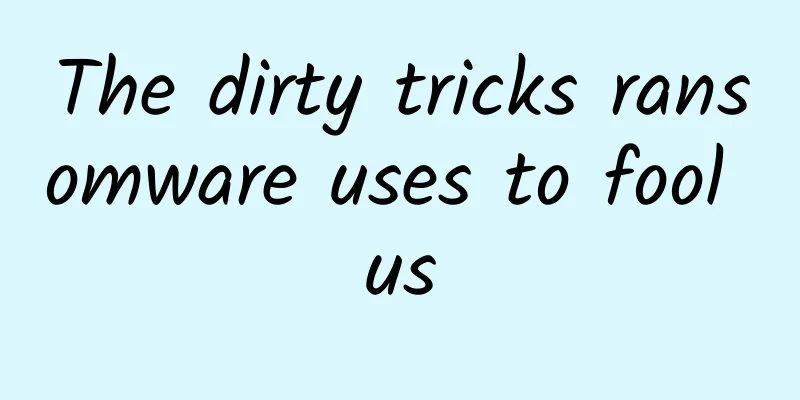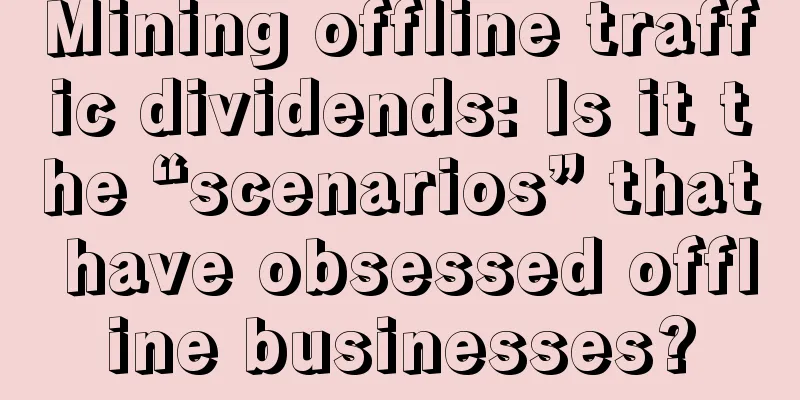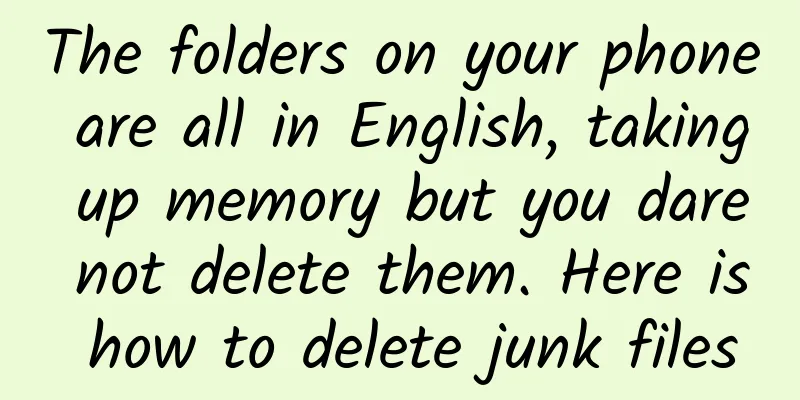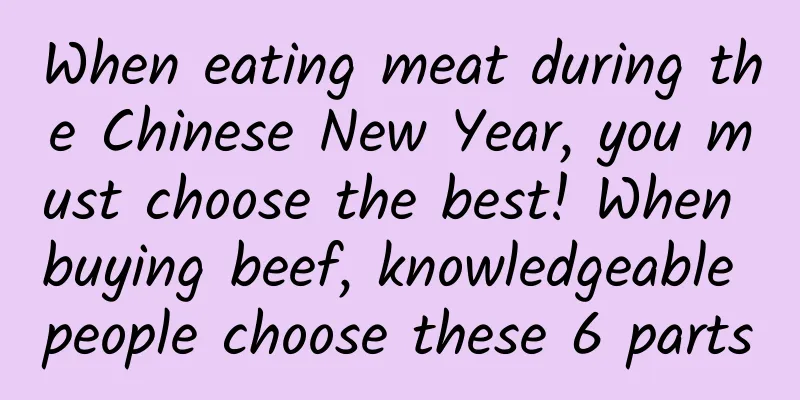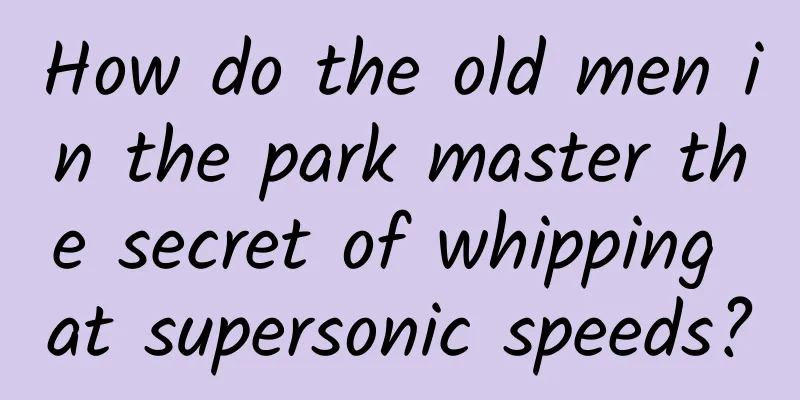Google VP criticizes Apple iMessage for "green bubble bullying" of Android users
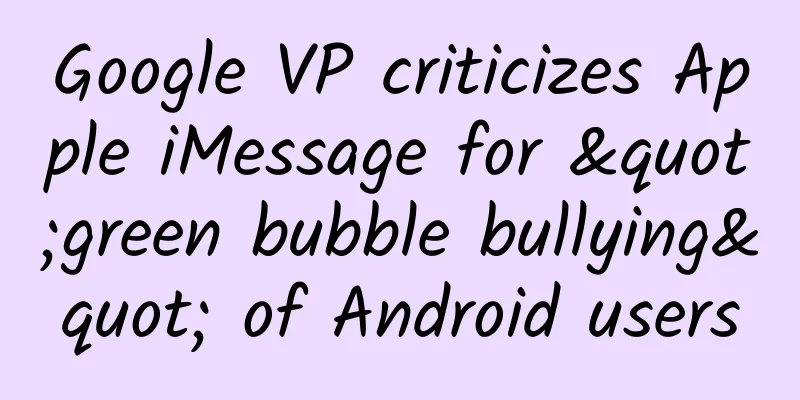
|
On the morning of January 8, the Wall Street Journal published an article titled "Why Apple's iMessage Wins: Teens Are Afraid of Green Text Bubbles," which pointed out some problems with Apple's iMessage instant messaging application: Apple users use blue text bubbles by default in iMessage, and because Apple forces Andriod devices to use SMS (text messaging service) instead of sending messages through network data, Android users' messages in iMessage are displayed in green bubbles. The "blue/green bubble" difference makes teenagers using Android phones suffer from discrimination in social activities - "Never date a green text message user." On January 9, Google Senior Vice President Hiroshi Lockheimer expressed his opinion on this, criticizing Apple for apparently using this “peer pressure” and “bubble bullying” around iMessage to consolidate its market position: For a company that makes humanity and fairness a core part of its marketing, it is disingenuous to use peer pressure and bullying as a way to sell its products. In fact, the communication service standards that exist today (referring to RCS) can completely solve this blue-green bubble problem. At the same time, Google and Hiroshi Lockheimer are calling on Apple to adopt the modern RCS communication standard in iMessage: unify the user experience of iOS and Android users to eliminate the problem of "green bubble discrimination" for Android users. What is RCS? It stands for Rich Communication Suite, which is part of the latest advanced messaging standard. In addition to text messages, RCS also supports high-quality picture messages up to 10MB, group chats, location sharing, and even video calls by default. The service also supports complex features such as read receipts (such as the read function of DingTalk) and typing indicators (WeChat's "the other party is typing" function). As the latest communication standard, RCS has been supported by 55 mobile operators (including my country's three major operators) and 11 manufacturers (well-known companies such as ASUS, HTC, Lenovo, LG, Huawei, Samsung and ZTE). After the previous tweet sparked heated discussions, Hiroshi Lockheimer once again explained his proposed solution in detail on January 11, and severely accused Apple of "hindering the development of the communications industry":
At present, Apple has not responded to the content of the Wall Street Journal and Hiroshi Lockheimer, but there is a short paragraph in an email from Apple's Chief Software Officer Federighi in 2013 that may reflect Apple's attitude:
Without having strategically become the primary messaging service for (most) mobile users, I worry that iMessage on Android will remove the barrier for iPhone families to buy Android phones for their kids. This article is reproduced from OSCHINA Title of this article: Google VP criticizes Apple iMessage for "green bubble bullying" of Android users Article URL: https://www.oschina.net/news/178102/apple-imessage-for-android |
<<: 2022 Android Advanced Learning RoadMap!
Recommend
Bidding advertising products: Product strategy for search advertising
Bidding advertising products: product strategies ...
How to plan a hit event?
With the fading of traffic dividends in recent ye...
Sina Fans Promotion Strategy, a must-learn for App operation and promotion personnel!
Someone told me that Sina Weibo’s scale is not up...
"Front-end Engineering Lecture" solves the problem of front-end efficiency engineering in one stop
Training course content: The column sorts out the...
Don't mess with me, I have a heat stroke...
Recently, the temperature in many parts of the co...
Why do sunshades sometimes open and sometimes close when flying? This seemingly strange rule concerns your life safety
When flying on an airplane, many passengers prefe...
iPhone SE: A success or a failure in China?
New data shows that Apple's iPhone market shar...
New energy vehicle exports surged 151%, and European subsidy policies attracted automakers to go overseas
In recent years, my country's new energy vehi...
How much does it cost to be an agent for the grain and oil mini program in Suzhou?
How much does it cost to be an agent of a grain a...
Stock Broker Training Camp: Only Know How to Trade Stocks Episode 18
Stock Brother Training Camp: Only Know How to Tra...
Let’s go, “group” to find the shale “underground palace”
In ancient times, people conducted hydrogeologica...
August 2021 "Science" Rumors List: Camel milk is closer to breast milk? Are electric cars not afraid of being soaked in water?
The August "scientific" rumor list is r...
Eating snacks at this time is actually helpful for controlling blood sugar?
Whether they are relaxing or busy at work, many f...
The outcome of the competition for power battery technology routes from the Gree incident
In the main battlefield of power batteries, terna...
Lei Jun talks about his entrepreneurial philosophy and finds a path to high probability of success
Lei Jun personally tells his entrepreneurial phil...
